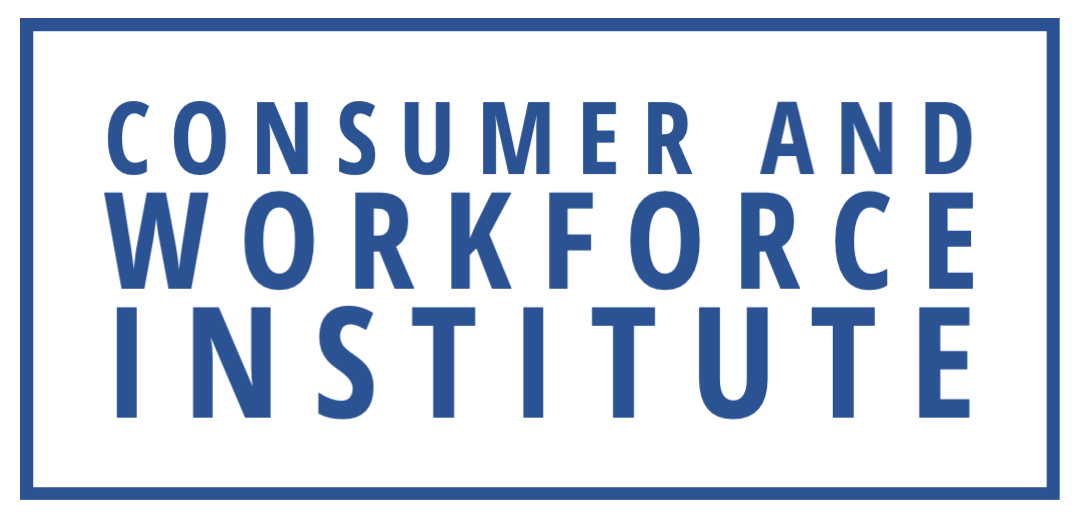About the Consumer and Workforce Institute
Research and Policies for a Better Economy
At the Consumer and Workforce Institute, a public policy think tank, we are interested in a range of concepts and ideas focused on supporting consumer choice and developing a strong workforce.
About Us
The Consumer and Workforce Institute is a 501(c)(4) public policy think tank that studies and supports research on a range of policy issues that benefit consumers and incentivize a strong and well-developed workforce. We are dedicated to researching and promoting innovative policies that ensure consumers and workers are best positioned for an ever-evolving economy. We partner with academic and research organizations to explore a variety of topics around how the government policies impact our economy.
At the Consumer and Workforce Institute, we want to explore how certain aspects of the economy impact the lives of consumers and workers. Our mission is to engage research that provides a better understanding of how government policies can affect our economy. One area of our focus is around franchises. We are exploring how franchises benefit consumers workers through a series of questions, such as what benefits do franchises provide in terms of career development for the workforce? Would it not be cheaper to have direct-to-consumer sales? How does the franchise system impact market entry for new businesses?
Another topic of interest is how a changing economic model affects workforce development in the long term. Does the gig economy really create long-term stability for workers? Do the benefits of an unlimited work week and flexibility for workers to set their own schedules and workload outweigh the potential drawbacks of limited career advancement and lack of benefits, such as health insurance, retirement accounts, or paid leave? How can policymakers strike the right balance between empowering our workforce while also preventing a strain on social safety nets?
We are also interested in examining how government programs and incentives impact the labor market and workers at large. Governments at every level have vested interests in strong economies and low unemployment, and that is why they routinely produce policies aimed at generating the lowest possible unemployment rate. We don’t seek to make a judgment on the legality or validity of such programs, but rather we seek to understand the true economic impact these programs have on the workforce. How do hiring incentives, such as the Work Opportunity Tax Credit (WOTC), influence employer hiring behaviors and practices? What demographic groups benefit most from these programs? Do veteran hiring preferences really lead to long-term job placement of veterans in private sector roles? What impact did Paycheck Protection Program (PPP) loans have on employee retention throughout 2020? What demographic groups most benefited from PPP loans? Are students who enroll in tuition assistance or apprenticeship programs lead to more likely to have long-term employment opportunities?

Contact Us
Please submit the form to the right to reach out to our team.
